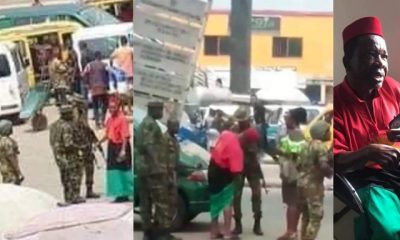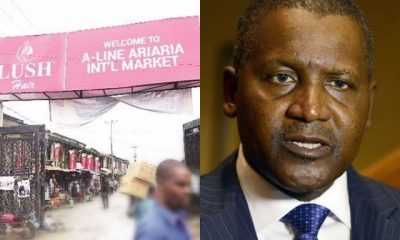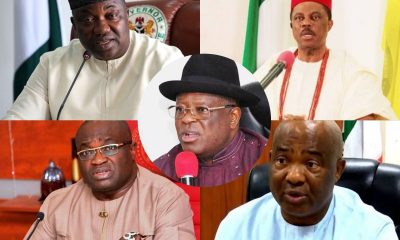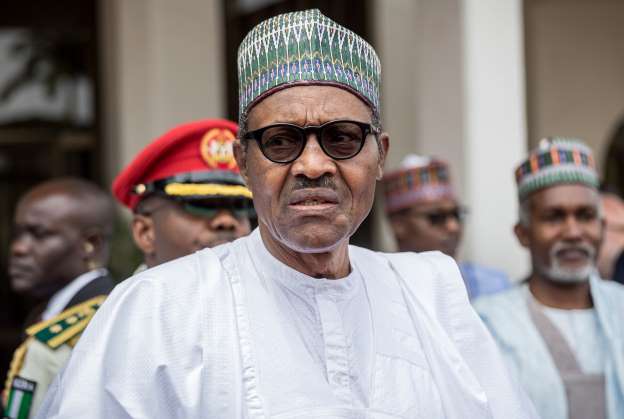Opinion
Election Boycott; How Does It Work?

By Charles Ogbu
For weeks now, we’ve been reading arguments suggesting that when a people boycotts election, it will cripple the political process and prevent winners from emerging in addition to getting the attention of the international community monitoring the election.
Indeed, this is possible, IF the election boycott is done properly, successfully and STRATEGICALLY.
I will explain but first, let us define what it means to boycott election.
According to Wikipedia, “An election boycott is the boycotting of an election by a group of voters, each of whom abstains from voting”
Now, to boycott election so as to have any reasonable hope of achieving the above objectives ( cripple the political process, stop winners from emerging and get international attention, the following 2 conditions must be in place:
1) Those boycotting the election must be registered voters with voters card and their names in the voters register. This is because only registered voters can boycott election. A man who never registered to vote in an election, never had a voters card, was never recognized in the voters register as a voter, does not exist as a voter as far as that particular election is concerned. Such a man cannot claim to want to boycott election in which he was never recognized as a voter in the first place. The electoral body and International groups monitoring election do not work with the population of people in a given area. They work with the NUMBER OF REGISTERED VOTERS. If, for example, there are one million people in a given area but out of that number, only ten thousand registered to vote, as far as INEC and the international groups monitoring the polls are concerned, there are dealing with only ten thousand people who registered to vote and this is the number they are expecting to come out and vote. The general assumption is that the whole idea behind election boycott is that the “boycotters” actually planned on voting but changed their mind in protest over identified credibility issue or bias in the process and their threat of boycott is to get the issue addressed to enable them vote. So it is almost impossible for a people who didn’t register to vote to get the attention of the world simply by not voting in the same elections they never registered to vote in.
2) The Electoral Act guiding the election you want to boycott must clearly state that a certain percent of REGISTERED VOTERS must participate in the election for it to be deemed valid. For example, if the electoral law stipulates that for a governorship election to be valid, at least 50% of REGISTERED VOTERS must participate in the election, it will be easy for a group to cripple that particular governorship poll simply by boycotting it. But such a group must first ensure that all its members are duly registered and have their voters card. This is the very first step. Then on election day, if they can convince more than 50% of registered voters not to vote in the election, they will have successfully prevented a winner from emerging. This is what is called Strategic boycott of election because here, you’ve successfully crippled the whole process with your boycott and that poll cannot be successfully conducted if the authorities do not address your concerns.
But if, as is the case with Nigeria, the Electoral lawy stipulates that a simple majority of the total votes cast (not registered voters) will determine the winner, a boycott in this case will not stop winners from emerging. It will only alienate the boycotting group from the political circle.
Whether you want to vote or you want to boycott election, it is important that you first understand the political realities as well as peculiarities of your country to enable you understand what to expect from your choices.
Charles Ogbu, a social media activist and columnist tweets from @realcharlesogbu









